The International Energy Agency (IEA) has released a comprehensive report on agrivoltaic (APV) systems, which demonstrates early communications with local residents can enhance the acceptance of APV.
The Dual Land Use for Agriculture and Solar Power Production: Overview and Performance of Agrivoltaic Systems 2025 report, concludes landscape impact is a common concern for local residents living near or with APV systems, but can be mitigated through site-specific planning and stakeholder involvement.
“Highlighting local benefits and providing platforms for stakeholders such as neighbours, decision-makers, farmers, and investors can enhance societal acceptance of agrivoltaics projects,” the report says.
It also finds APV is expected to continue its rapid expansion, driven by local policies, land-use restrictions, and project economics.
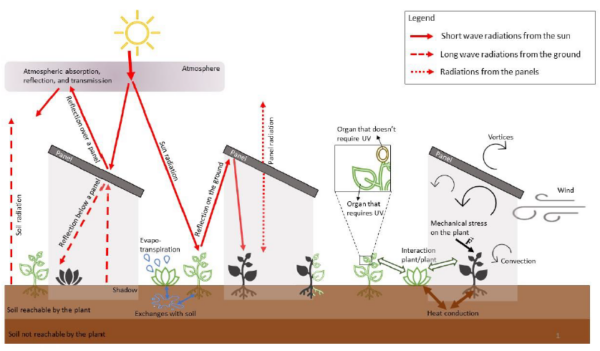
Image: International Energy Agency
The report adds this will create opportunities for developers and farmers, while future standardisation of APV design systems are likely to also lower costs as developers explore and design new, successful configurations.
The report predicts a rise this experimentation and customised designs to meet specific needs will leverage novel solar technologies and agricultural support equipment.
As the sector grows and costs decrease, agrivoltaic projects are expected to scale to meet national solar energy deployment goals, the report says.
“To address climate change effectively, advancing our energy and climate policy goals and enhancing food production resilience is crucial. Agrivoltaics, with its potential for climate mitigation and adaptation, stands out as one promising tool for achieving these objectives,” the IEA concludes.
This content is protected by copyright and may not be reused. If you want to cooperate with us and would like to reuse some of our content, please contact: editors@pv-magazine.com.
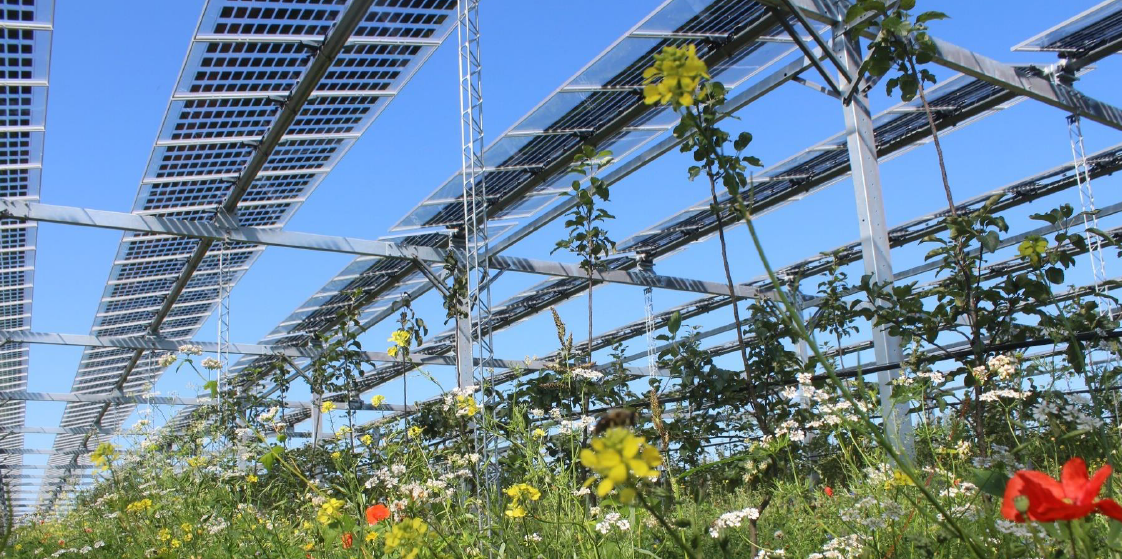
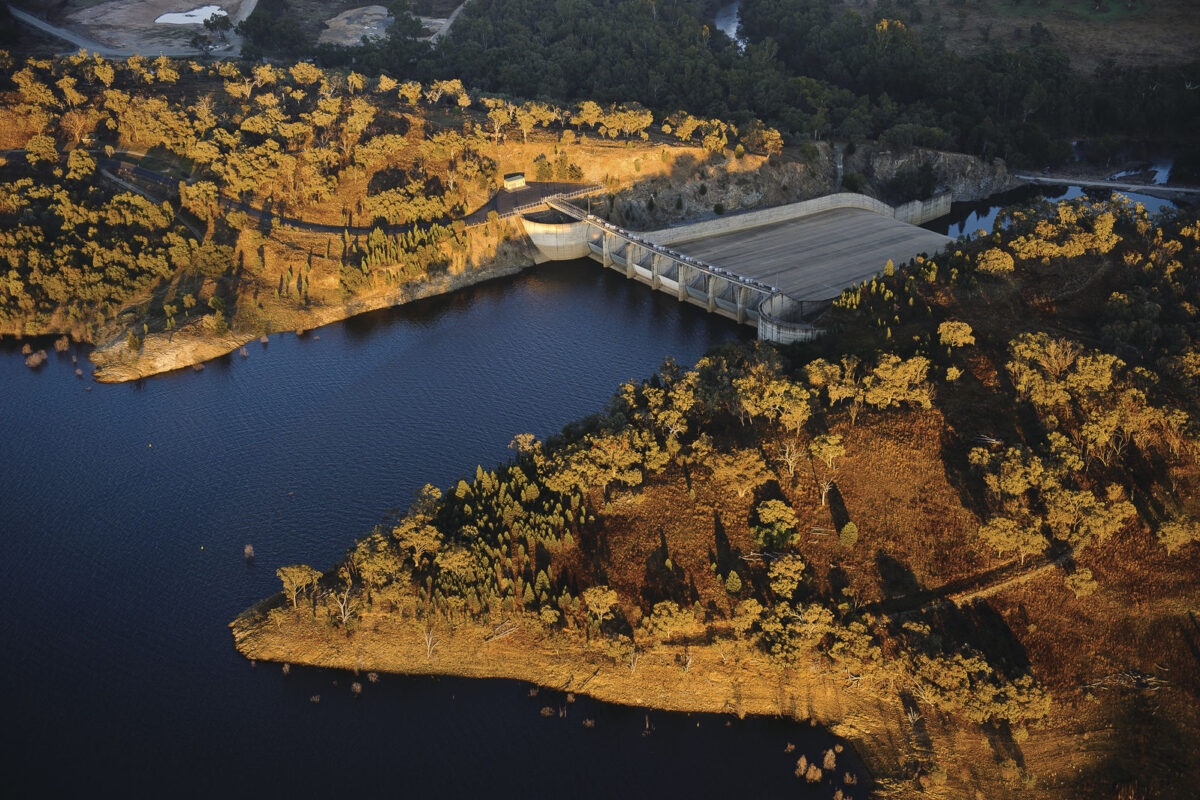





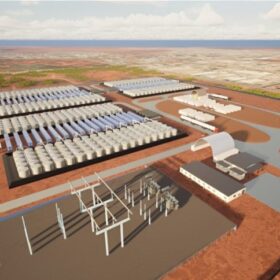
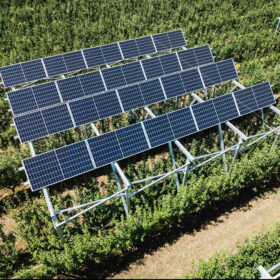
By submitting this form you agree to pv magazine using your data for the purposes of publishing your comment.
Your personal data will only be disclosed or otherwise transmitted to third parties for the purposes of spam filtering or if this is necessary for technical maintenance of the website. Any other transfer to third parties will not take place unless this is justified on the basis of applicable data protection regulations or if pv magazine is legally obliged to do so.
You may revoke this consent at any time with effect for the future, in which case your personal data will be deleted immediately. Otherwise, your data will be deleted if pv magazine has processed your request or the purpose of data storage is fulfilled.
Further information on data privacy can be found in our Data Protection Policy.